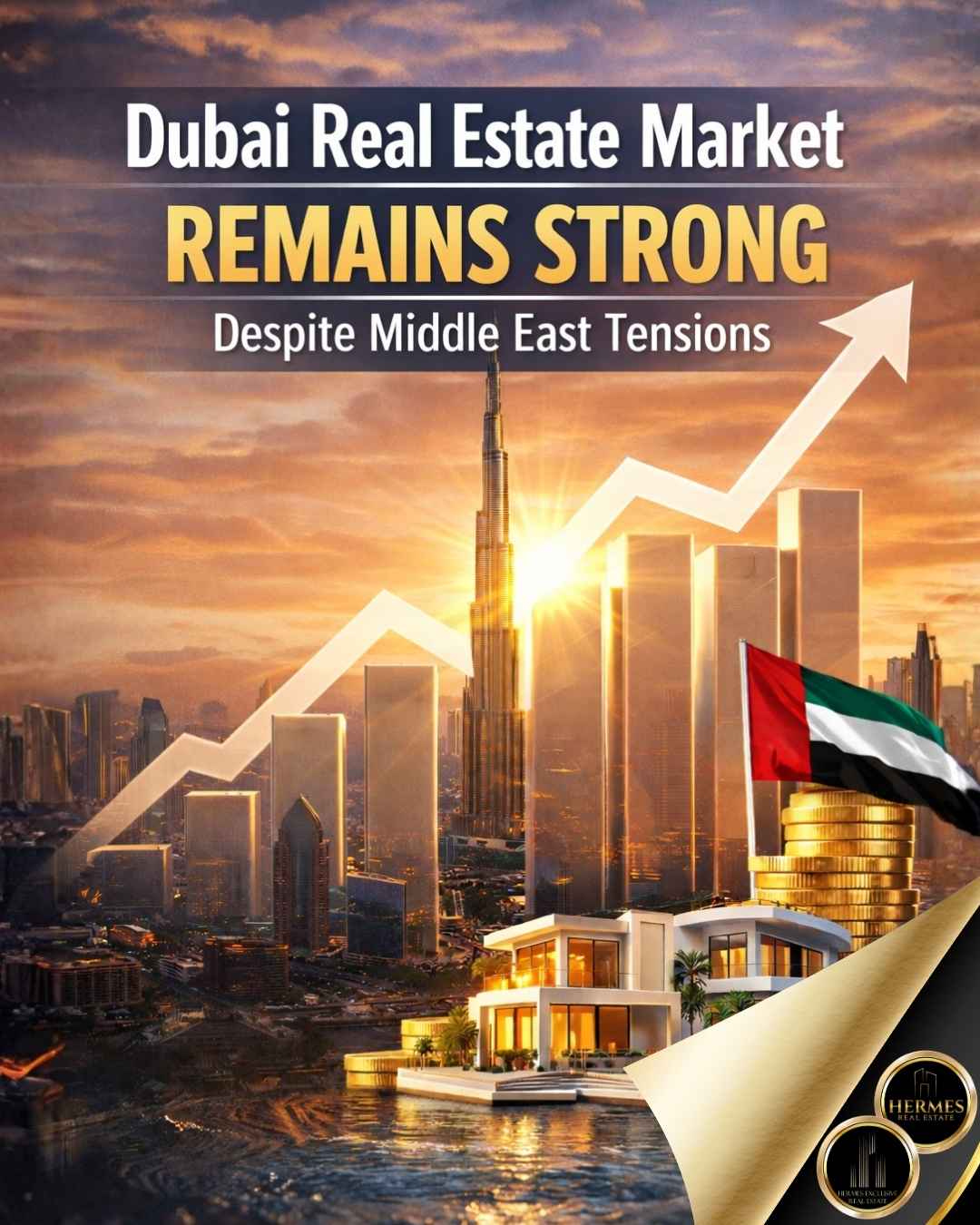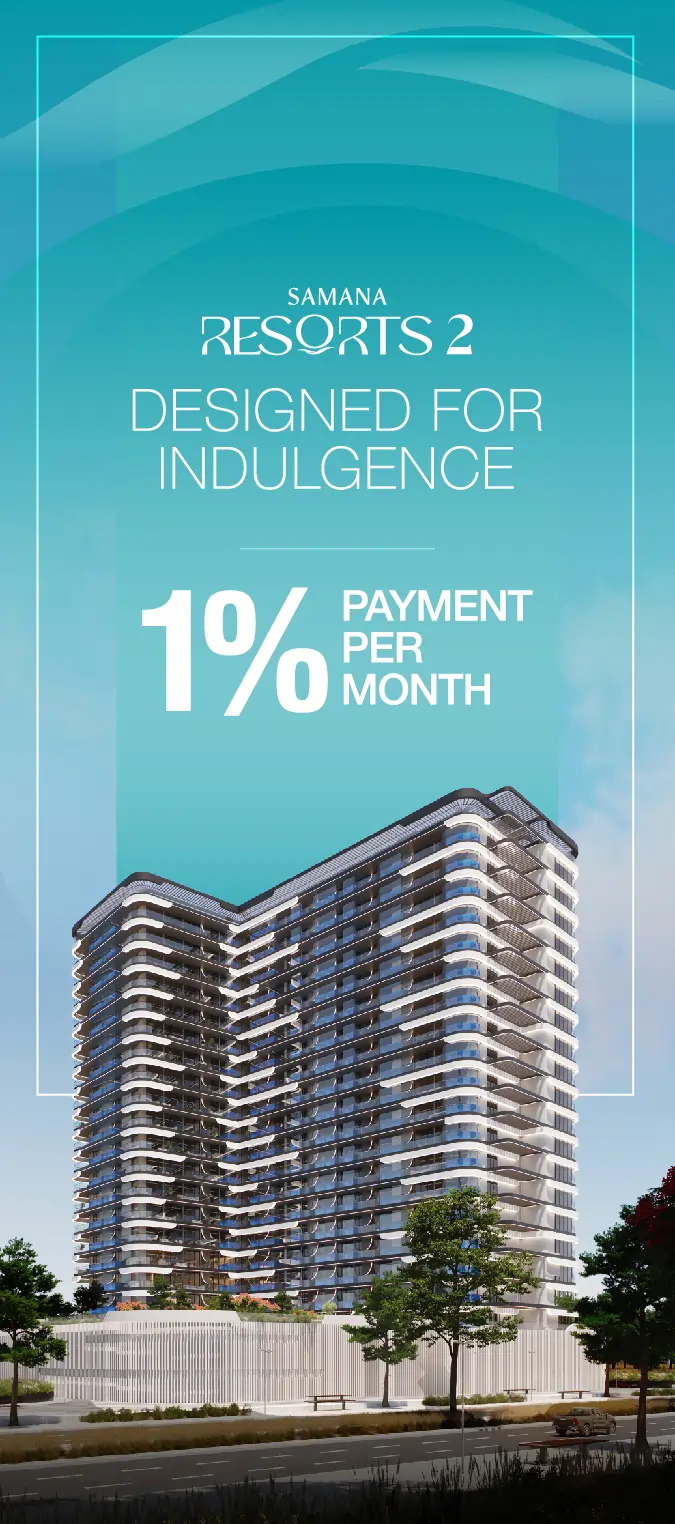Imagine being able to buy a small “slice” of a Dubai apartment or a commercial property without needing millions of dirhams upfront. That’s the future Dubai is building with real estate tokenization.
Recently, the Dubai Land Department (DLD), together with the Dubai Future Foundation (DFF) and the Virtual Assets Regulatory Authority (VARA), launched a pilot project to test how real estate can be turned into digital tokens using blockchain technology.
What Does Tokenization Mean?
At its core, tokenization means converting real estate into digital tokens stored on a blockchain (a secure digital ledger). Each token represents a share of the property’s value.
- Think of it like splitting a property into thousands of “digital shares.”
- Investors can buy and sell these shares, much like trading stocks.
- This makes property investment more accessible, transferable, and transparent.
Why Does This Matter for Everyday Investors?
Traditionally, buying property in Dubai meant saving up a large amount of money, securing financing, and dealing with paperwork. Tokenization changes the game:
- Lower Entry Barrier: You don’t need to buy a whole villa—just a fraction.
- More Flexibility: Spread investments across multiple properties without locking up all your capital.
- Faster Transactions: Digital tokens can be traded quickly, cutting out delays.
A Real-World Example
Imagine Sara, a young professional in Dubai who wants to invest in property but can’t afford a full apartment just yet. With tokenization, she could buy tokens worth, say, AED 10,000, giving her a share in a rental property.
- She earns a portion of the rental income based on her share.
- Later, if property values rise, she could sell her tokens for a profit just like selling stock.
For Sara, property investment becomes realistic, flexible, and far less intimidating.
Global Context: Europe and Beyond
Dubai isn’t alone in this journey. Europe has already experimented with real estate tokenization.
- In Lithuania, fintech company InRento lets investors buy into income-generating properties through blockchain-backed tokens.
- This model combines stable rental returns with regulatory oversight, proving that tokenization can be safe and profitable.
And it doesn’t stop there, other regions are moving quickly.
Expanding to Asia: Japan Steps In
Momentum is also building in Asia. Mitsubishi UFJ Financial Group (MUFG), Japan’s largest bank, recently launched a program to tokenize real estate for retail investors.
By moving a traditionally illiquid asset class onto blockchain rails, MUFG signals that tokenization is no longer confined to startups—it’s being embraced at the highest levels of global finance.
This positions Japan as a major player in the tokenized real estate market and underscores a broader trend: blockchain property ownership is going mainstream in Asia, following Europe and Dubai’s lead.
What’s Next?
This pilot project is just the beginning for Dubai. If successful, it could reshape how people buy, sell, and invest in property—not only in the UAE, but worldwide.
For first-time buyers, casual investors, or seasoned property players, this could mean:
- More affordable entry into Dubai’s booming market.
- A tech-driven way to diversify investment portfolios.
- A glimpse into the future of how we all may one day own property.
Bottom Line
Dubai’s real estate sector is once again ahead of the curve, blending cutting-edge technology with one of the world’s most dynamic property markets. With Japan and Europe also advancing, tokenization is no longer an experiment, it’s fast becoming a global reality.
Whether you’re an investor with millions or someone just starting out, tokenization could soon open the doors of real estate investment for everyone.





